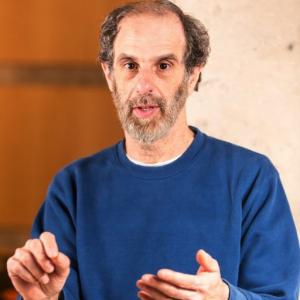The Rising Role of Preprints in Scholarly Communication

September 28, 2018
Case Library & Geyer Center for Information Technology
Batza Room, 560
Paul Ginsparg is a theoretical physicist widely known for creating a computer-based system for physicists and other scientists to communicate their research results. Ginsparg’s document server represents a conscious effort to reorganize scientific communications, establishing a marketplace of ideas of new submissions with minimal editorial oversight and abundant opportunity for commentary, supporting and opposing, from other investigators. Ginsparg circumvented traditional funding and approval mechanisms by developing the software in his spare time and running it on surplus equipment. This system (informally known as “the xxx archive,” currently hosted at Cornell University at http://arxiv.org) provides a new, interactive mechanism for scientific communications that complements, and in some respects supplants, more traditional paper publications. All documents are available without charge worldwide through the internet, making the latest results available even for those without access to a good research library. Ginsparg has deliberately transformed the way physics gets done—challenging conventional standards for review and communication of research and thereby changing the speed and mode of dissemination of scientific advances. – MacArthur Foundation
Paul Ginsparg received his A.B. (1977) from Harvard University and a Ph.D. (1981) from Cornell University. He was a Junior Fellow in the Harvard Society of Fellows (1981–1984) and a Sloan Foundation Fellow (1986–1990). Ginsparg served on the faculty of Harvard from 1984 to 1990 and on the research staff of the Los Alamos National Laboratory (1990–2001). In 2001, he accepted a faculty position at Cornell University in the Department of Physics and the Faculty of Computing and Information Science. In addition to launching the e-print archives, Ginsparg has published numerous papers in quantum field theory, string theory, conformal field theory, and quantum gravity. In 1998, he was awarded the Physics, Astronomy, and Math Award from the Special Libraries Association, and in 2000 he was elected as a Fellow of the American Physical Society.